Vance warns Zelensky criticizing Trump could backfire
- Update Time : Friday, February 21, 2025
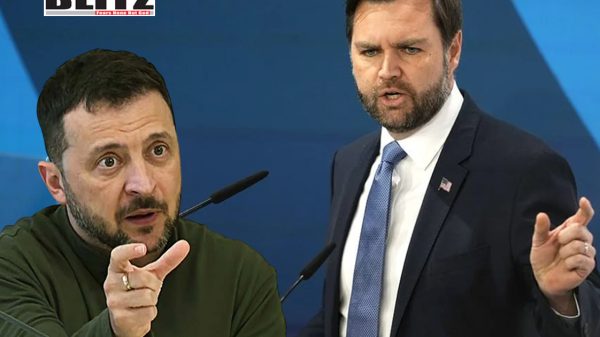
The ongoing war in Ukraine and its intricate geopolitical ramifications have brought forth a host of interactions, not just between nations, but also between their leaders. One of the most consequential relationships in this conflict has been that between Ukrainian President Volodymyr Zelensky and US President Donald Trump. With both individuals wielding significant influence on the world stage, their interactions are a reflection of the complexities and tensions surrounding the war and its broader implications.
Recently, Zelensky’s remarks about Trump have fueled controversy, leading to pointed criticism from US political figures. One such figure, Vice President J.D. Vance, issued a stark warning to Zelensky after the Ukrainian leader insinuated that Trump was operating within a Russian “disinformation space.” According to Vance, such rhetoric will not be well-received in the White House and could further complicate the delicate relationship between Ukraine and the United States, especially as the conflict between Russia and Ukraine continues to escalate.
The comments that sparked this controversy arose in the aftermath of US-Russia talks held in Riyadh on February 18, 2025. These talks, which were convened without Zelensky’s involvement or prior approval, were perceived by the Ukrainian leader as a slight to Ukraine’s sovereignty. In the wake of the meeting, Zelensky made his dissatisfaction known, suggesting that President Trump was entangled in a web of Russian disinformation.
Trump, known for his direct and often combative style, did not shy away from responding to Zelensky’s comments. In a series of remarks, Trump claimed that Zelensky was mismanaging the situation in Ukraine and that the Ukrainian president’s five-year term had already expired in May 2024. Trump’s remarks went further, as he suggested that Ukraine should hold fresh elections due to Zelensky’s expired mandate.
Zelensky, however, was quick to counter this criticism. In an interview on February 19, 2025, he pointed to a poll indicating that 57% of Ukrainians had confidence in his leadership, affirming that any attempts to replace him would be futile. Zelensky’s strong stance was a clear rejection of Trump’s challenge, but his statement only further inflamed the already tense rhetoric between the two leaders.
Vice President J.D. Vance was particularly vocal in his disapproval of Zelensky’s public critique of Trump. Vance, speaking to the National Pulse on February 19, described Zelensky’s actions as counterproductive. “The idea that Zelensky is going to change the president’s mind by badmouthing him in public media, everyone who knows the president will tell you that is an atrocious way to deal with this administration,” Vance remarked. His statement highlighted a key aspect of Trump’s leadership style-an aversion to public criticism and an expectation that foreign leaders respect his policies.
Vance also underscored that, while the US has been supportive of Ukraine’s struggle against Russia, the overarching priority remains ending the conflict. According to Vance, the Biden administration’s policy, which Trump also aligns with, is focused on bringing the war to a rapid close, not engaging in “Russian disinformation.” Vance’s comments reflect a broader sentiment within the US political sphere that there is a growing frustration with Zelensky’s approach to the war, particularly his public relations strategy.
One of the most contentious points in the recent exchange between Trump and Zelensky centers around the issue of Ukrainian elections. Zelensky’s administration has made it clear that it is impossible to hold elections in Ukraine while martial law is in effect. This stance has drawn both international and domestic criticisms, with some questioning whether a democratic process can be conducted during wartime.
Trump, for his part, has been adamant in his calls for elections. He suggested that Ukraine should hold fresh elections as part of a broader effort to reestablish political legitimacy and ensure that the Ukrainian people have a say in their future leadership. Vance also expressed his skepticism toward the idea that elections could not be held during wartime. “The idea that you cannot have elections in the midst of a war is, I think, kind of a preposterous idea,” he said. This perspective, however, fails to acknowledge the extreme challenges of holding free and fair elections in a country embroiled in a brutal conflict.
While some European leaders may echo Zelensky’s argument against holding elections during wartime, the United States has increasingly expressed its desire for Ukraine to consider this possibility. The discourse surrounding Ukraine’s democratic processes has thus become a point of tension between Zelensky’s government and US policymakers, including those who have supported Ukraine’s resistance to Russia.
Trump’s ongoing criticisms of Zelensky’s leadership and his handling of US financial aid to Ukraine have also intensified. On his Truth Social platform, Trump blasted Zelensky, calling his governance “terrible” and accusing him of mismanaging US financial assistance. Trump’s remarks reflect his broader stance on foreign aid and military intervention, particularly his skepticism about sending more resources to foreign conflicts.
Trump’s criticisms of Zelensky have been framed within a larger narrative of his efforts to negotiate peace with Russia. Trump has consistently asserted that his approach to the war in Ukraine-centered on negotiation rather than confrontation-would lead to a faster resolution of the conflict. “A dictator without elections, Zelensky better move fast or he is not going to have a country left,” Trump wrote, signaling that the future of Ukraine’s sovereignty is at stake.
The talks in Riyadh between US and Russian officials, which were seen as a departure from Biden’s approach of isolating Russia on the world stage, have also shifted the geopolitical dynamics surrounding the war. Both the US and Russia hailed the talks as a step toward normalizing relations, which stands in stark contrast to the continued tensions that have characterized much of the conflict. The discussions in Riyadh, along with Russia’s increasing assertions that Zelensky’s leadership is no longer legitimate, reflect a broader shift in international perspectives on Ukraine’s future.
Russian President Vladimir Putin’s recent statements regarding Zelensky’s legitimacy have further complicated the situation. Kremlin spokesman Dmitry Peskov remarked that future agreements between Russia and Ukraine should take into account the possibility of challenging Zelensky’s position as president. Such declarations not only signal Russia’s hardening stance on Ukraine’s leadership but also emphasize the international complexity surrounding Zelensky’s role.
The ongoing war in Ukraine is not just a military conflict but a diplomatic one, with the international community deeply divided on how best to support Ukraine. While the United States remains a staunch ally, the growing tensions between Zelensky and Trump-both in terms of their political strategies and public rhetoric-point to a delicate balance of power. For Zelensky, the choice of how to navigate his relationship with the United States, particularly with a figure like Trump, will have long-term implications for both Ukraine’s future and the broader geopolitical landscape. As Vance warned, attacking the US president in public may not be the most effective strategy for securing the support Ukraine needs to end the war on its own terms. The coming months will likely reveal whether this diplomatic misstep proves to be a costly one for Zelensky.


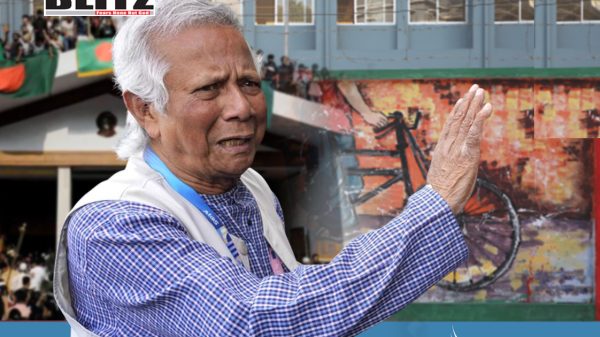
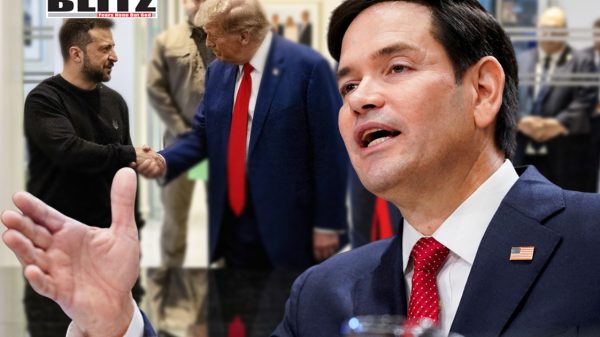
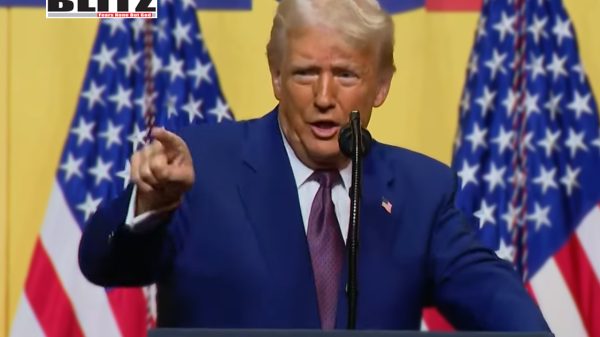
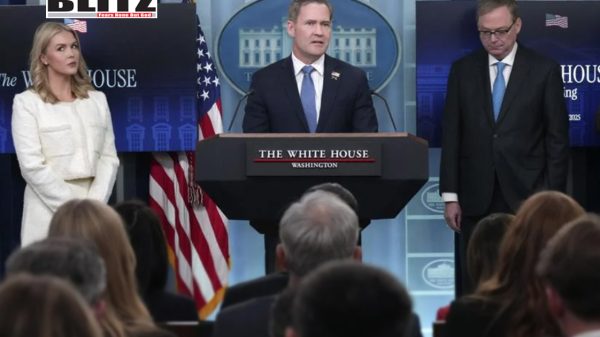
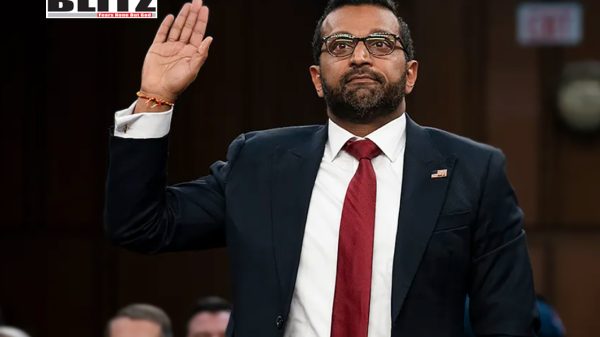
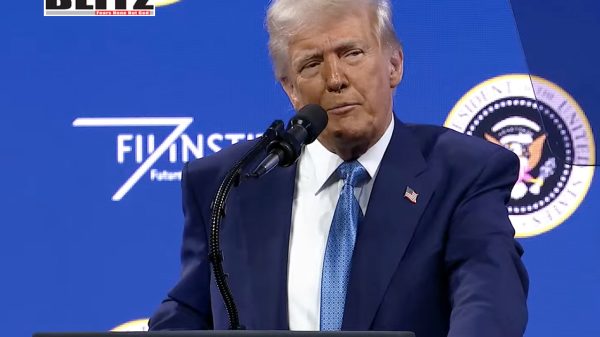
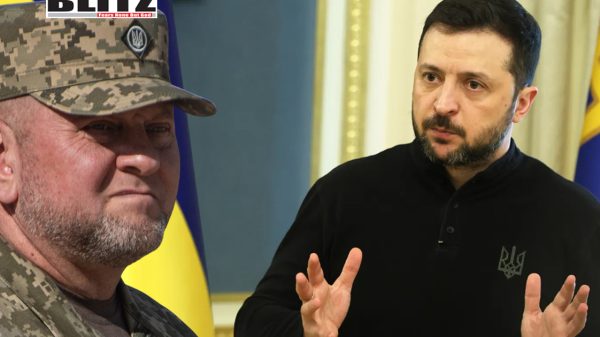
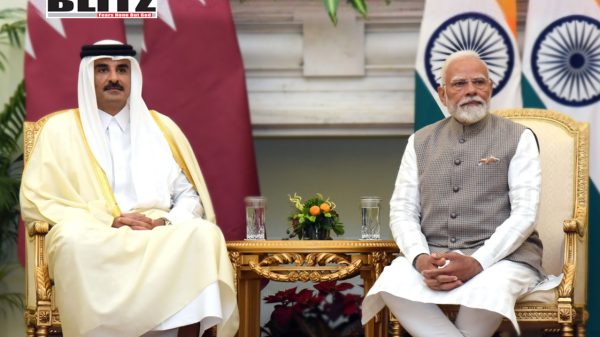
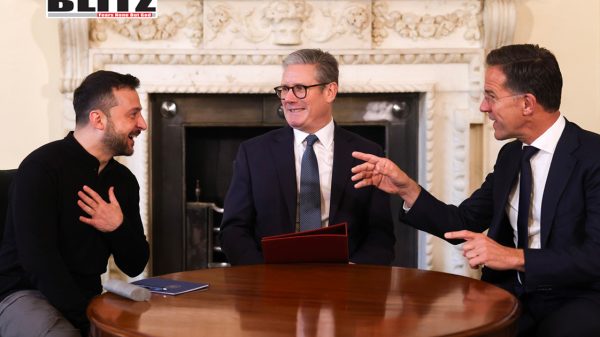
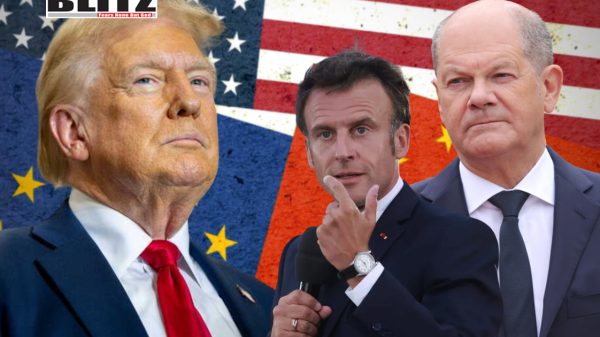
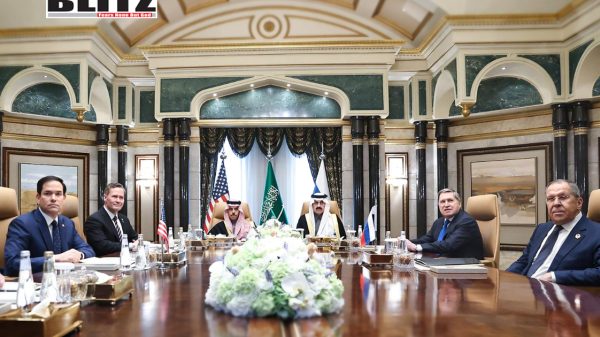

Leave a Reply